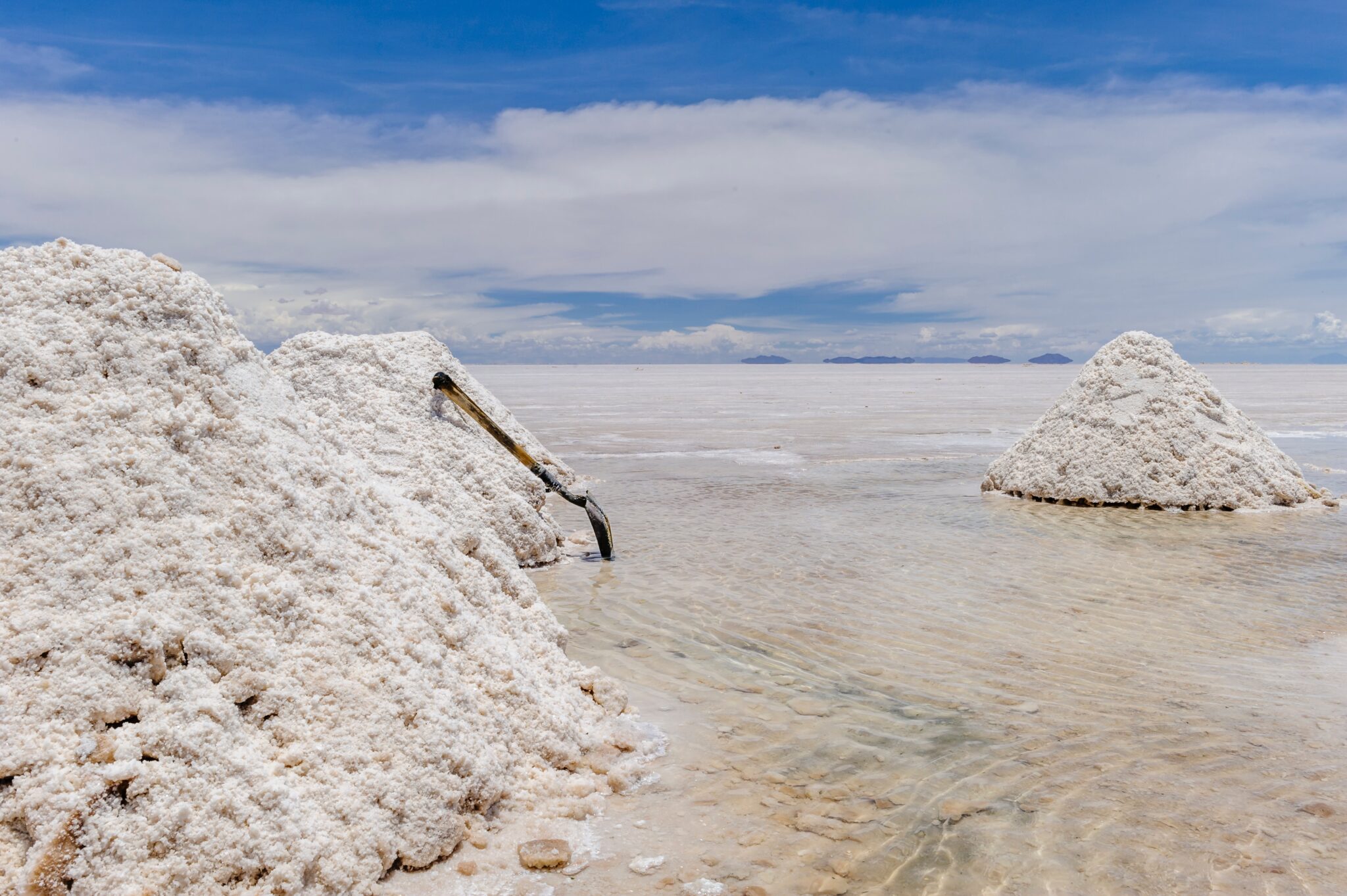In their strategic quest to secure the world’s lithium supply, Chinese firms are investing billions into mines across the developing world despite rising resistance from Western nations. This audacious strategy, albeit fraught with risks, could give China control over one-third of the world’s lithium production capacity by 2025, according to industry projections.
Lithium, the key ingredient in the lithium-ion batteries powering electric vehicles and smartphones, is expected to see demand exceed supply by some 300,000 metric tons by decade’s end. For China, a nation hosting just 8% of the world’s lithium reserves, these stakes are crucial as its electric-vehicle industry booms and political tensions with U.S. and its allies escalate.
As part of their strategic play, Chinese firms have shelled out $4.5 billion in the past two years to acquire stakes in nearly 20 lithium mines, largely based in Latin America and Africa. These investments come with considerable risks – political instability, local resistance, resource nationalism, and even terrorist threats – but the potential payoffs are huge.
Yet, this global lithium rush isn’t without hurdles. Countries such as Zimbabwe, Mexico, and Chile have taken measures to exert more control over their mineral resources, posing additional challenges to foreign investors. There are talks of a lithium cartel, similar to OPEC, being formed by Chile, Bolivia, and Argentina.
China’s lithium investments in Bolivia, despite the nation’s history of revoking lithium agreements with foreign companies, exemplify this high-stake gamble. Despite local resistance and political turbulence, China’s battery giant, Contemporary Amperex Technology Ltd., continues to forge ahead with new projects.
Chinese leader Xi Jinping, however, has urged caution, emphasizing the importance of understanding foreign markets before investing. Nonetheless, with Beijing’s political backing and a strong supply chain network, Chinese firms hold significant advantages over their Western counterparts.
They are also seen as preferred partners by developing nations, offering not just a steady supply of raw material but also infrastructural development and job creation. In Zimbabwe, a nation under U.S. and EU sanctions for over two decades, Chinese firms have emerged as obvious investment partners.
Despite the potential rewards, there are financial risks in this lithium rush. Analysts draw parallels to the mid-2000s when Chinese companies locked down long-term supplies of commodities at high prices, only to write them down as prices fell. Similar patterns are now seen in the critical minerals sector.
As China’s electric-vehicle demand surges, lithium prices have seen more than 500% growth in the past two years. However, the prices have again plummeted this year to less than half their record value, putting the return on China’s risky lithium investments under scrutiny.
